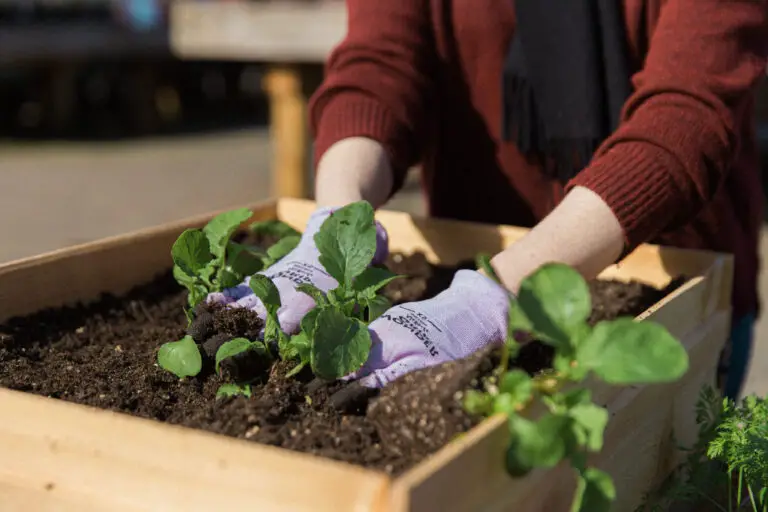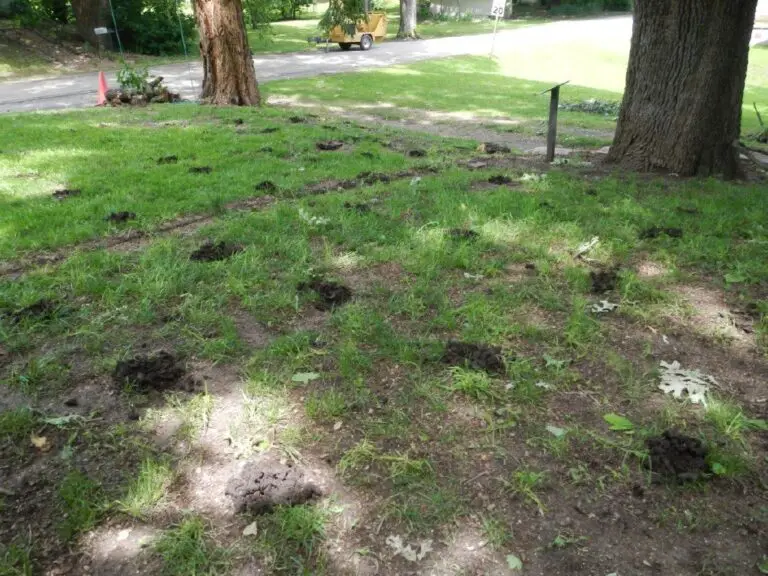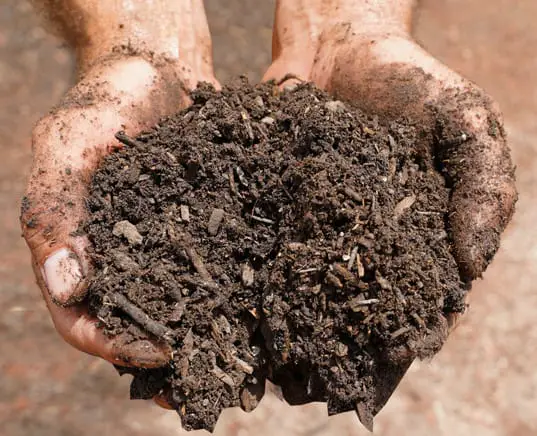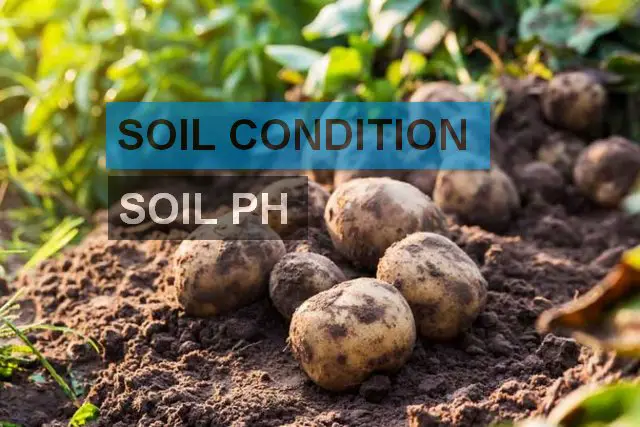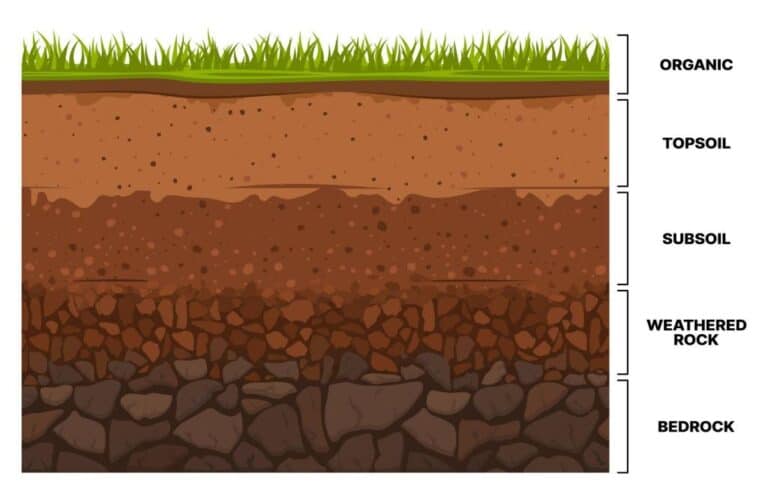Where Does Cow Manure Fertilizer Come From? Nature’s Nutrient Factory
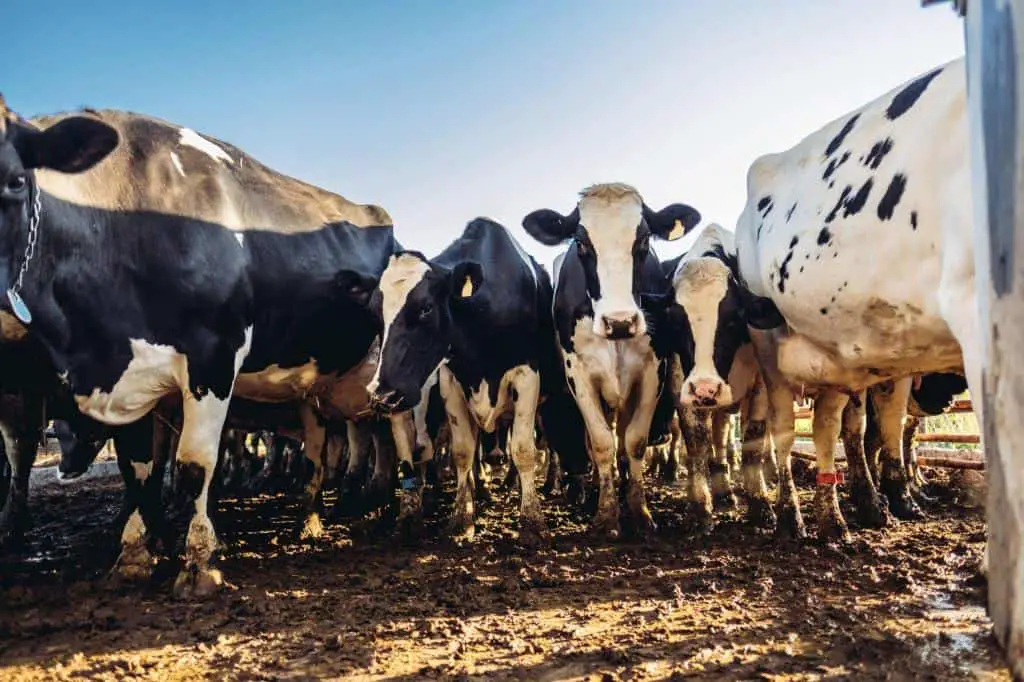
When it comes to nurturing our gardens and promoting healthy plant growth, the importance of fertilizer cannot be overstated. There are numerous types of fertilizers available, but one of the most natural and eco-friendly options is cow manure fertilizer. But have you ever wondered where cow manure fertilizer comes from and how it can benefit your garden?
In this article, we start a quest to unveil the secrets of cow manure fertilizer – Nature’s Nutrient Factory. You’ll discover the remarkable transformation that occurs as cows munch on grass and hay, digesting and extracting essential nutrients. We’ll delve into the composition of this organic marvel and its ability to enhance soil quality.
And as you read on, you’ll find out why cow manure fertilizer is not just about healthy plants; it’s about sustainability, eco-friendliness, and a thriving garden that owes its brilliance to nature’s very own nutrient powerhouse. So, let’s dive into the world of cow manure fertilizer and unlock its mysteries.
What is Cow Manure Fertilizer?
Cow manure fertilizer, commonly referred to as cow dung or cow manure, is a time-tested natural organic fertilizer derived from the waste of cows. This age-old agricultural practice involves utilizing the nutrient-rich byproduct of bovine digestion to enhance soil quality and boost crop productivity.
Rich in essential nutrients such as nitrogen, phosphorus, and potassium, cow manure fertilizer provides plants with the nourishment they require for robust growth. Its effectiveness lies in its ability to release these nutrients gradually over time, promoting sustained plant development.
This makes it an excellent choice for both traditional and organic farming, offering a sustainable and eco-friendly farming solution for nourishing crops and gardens.
As a testament to its enduring effectiveness, cow manure fertilizer has been an integral part of agriculture for centuries, embodying the wisdom of harnessing nature’s resources to cultivate healthier, more abundant harvests.
The Composition of Cow Manure Fertilizer
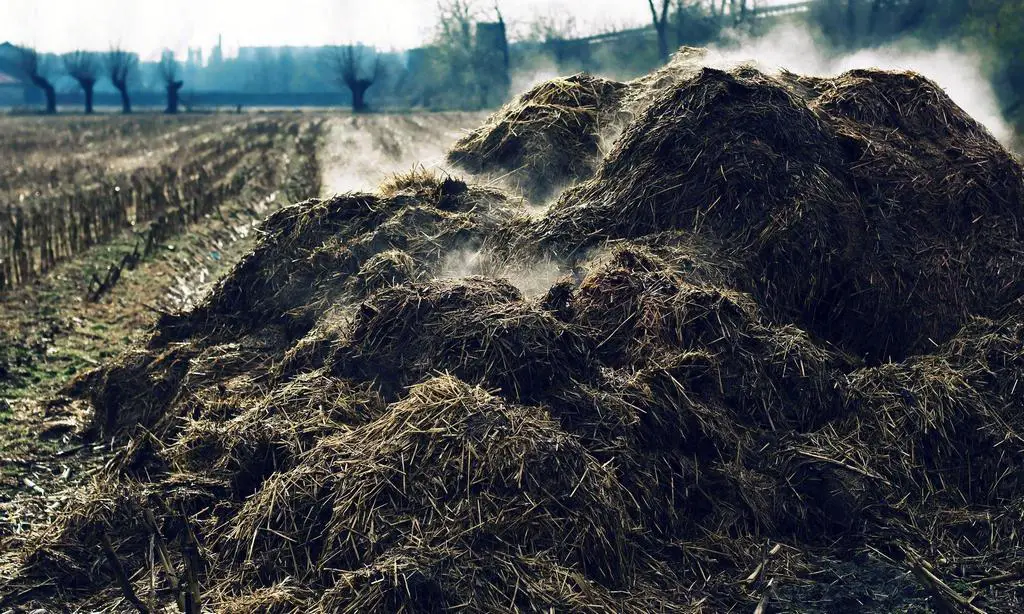
Before we dive into where cow manure fertilizer comes from, let’s take a closer look at its composition. Cow manure is a mixture of organic matter, minerals, and microorganisms, making it a well-rounded fertilizer. Here’s a breakdown of its key components:
1. Organic Matter
- Cow manure is primarily composed of organic matter, including partially digested plant material and microbes from the cow’s digestive system. This organic matter helps improve soil structure and water retention.
2. Nutrients
- Cow manure is rich in essential plant nutrients, such as nitrogen (N), phosphorus (P), and potassium (K). These nutrients are crucial for plant growth and development.
3. Microorganisms
- Cow dung contains beneficial microorganisms that enhance soil health. These microorganisms break down organic matter and release nutrients for plants to absorb.
4. Trace Elements
- Cow manure also contains trace elements like calcium, magnesium, and sulfur, which are essential for overall plant nutrition.
Where Does Cow Manure Fertilizer Come From?
Cow manure fertilizer originates from the digestive system of cows. Cows are ruminant animals, which means they have a four-chambered stomach designed to digest fibrous plant material efficiently. As cows graze on grass and other vegetation, their digestive system goes to work breaking down the cellulose and extracting nutrients.
The journey of cow manure as fertilizer begins in the following way:
- Digestion: Cows consume a variety of plant materials, including grasses, hay, and grains. These materials pass through the four compartments of their stomach, where enzymes and microorganisms break down the cellulose and extract nutrients.
- Nutrient Absorption: As digestion progresses, the cow absorbs essential nutrients from the food. These nutrients are assimilated into the cow’s bloodstream to nourish its body.
- Manure Production: What’s left after digestion is excreted by the cow as manure. This manure contains the undigested remnants of plant material, along with the nutrients that the cow couldn’t fully absorb.
- Collection and Processing: Farmers collect the cow manure, which is typically in a semi-solid form. It may be mixed with bedding materials used in cow barns, such as straw or sawdust. This mixture is allowed to decompose and age, which further breaks down the organic matter and stabilizes the nutrient content.
- Application: Once properly aged, the cow manure is ready to be used as a fertilizer. It can be spread on fields, gardens, or crops to provide plants with a nutrient-rich boost.
Advantages of Cow Manure Fertilizer
Now that we know where cow manure fertilizer comes from and what it’s made of, let’s explore the benefits it offers to your garden and crops:
1. Nutrient-Rich:
- Cow manure is a fantastic source of essential nutrients like nitrogen, phosphorus, and potassium. These nutrients are vital for plant growth, and cow manure provides them in a balanced and slow-release form.
2. Organic and Eco-Friendly:
- Unlike synthetic fertilizers that can harm the environment, cow manure is organic and environmentally friendly. This organic manure enriches the soil naturally without introducing harmful chemicals.
3. Improves Soil Structure:
- The organic matter in cow manure helps improve soil structure, making it more resistant to erosion and better at retaining moisture. It also enhances aeration, allowing plant roots to access oxygen more easily.
4. Promotes Beneficial Microorganisms:
- Cow manure introduces beneficial microorganisms to the soil, which aid in breaking down organic matter and making nutrients available to plants. This promotes a healthy and balanced soil ecosystem.
5. Cost-Effective:
- Cow manure is often readily available and affordable, making it a cost-effective option for both home gardeners and farmers.
6. Reduces Waste:
- Using cow manure as fertilizer is a sustainable way to manage animal waste. It repurposes a natural byproduct, reducing the environmental impact of waste disposal.
Why Cow Manure Need to be Composted Before Use?
Cow manure needs to be composted before using it as fertilizer for several reasons, as explained below:
- Composting eliminates harmful ammonia gas, pathogens, and weed seeds.
- Composting cow manure produces about a third less greenhouse gases, making it environmentally friendly.
- Composting cow manure adds generous amounts of organic matter to the soil, improving soil structure, aeration, and moisture-holding capacity.
- Composting cow manure also contains beneficial bacteria, which convert nutrients into easily accessible forms so they can be slowly released without burning tender plant roots.
- Composting cow manure can eliminate the dangers of polluted fertilizer with chemicals that may cause damage and threaten bacteria, such as E. coli.
- Therefore, composting cow manure is a cost-effective way to manage cattle waste and produce high-quality fertilizer for almost all types of plants.
More: How Long Should Cow Manure Age Before Using?
How to Use Cow Manure Fertilizer
To reap the benefits of cow manure fertilizer in your garden, follow these steps:
- Prepare the Soil: Before applying cow manure, prepare your garden bed by removing weeds and debris.
- Age the Manure: If you’re using fresh cow manure, let it age for several months to allow harmful pathogens to die off and reduce the risk of burning your plants.
- Apply Sparingly: Cow manure is potent, so use it sparingly to avoid over-fertilization. A thin layer or mixing cow manure into the soil is usually sufficient.
- Water Thoroughly: After applying cow manure, water your plants well to help nutrients penetrate the soil.
- Monitor Growth: Keep an eye on your plants’ growth and adjust the frequency of fertilization as needed.
In Conclusion
Cow manure fertilizer, often referred to as cow dung or cow manure, is a natural and nutrient-rich option for enhancing your garden’s vitality. This eco-friendly choice originates from the digestive processes of cows, making it a sustainable means of enriching your soil and fostering robust plant growth.
Cow dung fertilizer origins trace back to the grazing habits of cows, which primarily consume grass and occasionally grains, fruits, or vegetables. Through their natural digestive cycle, cows transform these elements into nutrient-rich manure that serves as a boon for gardens.
The production of cow manure fertilizer involves harnessing this valuable resource and utilizing it to promote healthier and more vibrant gardens. The process is simple yet effective, with cow manure serving as a natural and eco-conscious way to nourish your plants.
By understanding the origins of cattle manure fertilizer, you gain insight into the natural cycle that powers your garden’s growth. It’s a testament to the wonders of nature and the sustainable practices that contribute to a greener world.
In conclusion, cow manure fertilizer offers an eco-friendly and natural solution for garden enthusiasts. It’s not just about enriching your garden; it’s about fostering a greener and more sustainable planet. So, embrace the benefits of cow manure and let your garden flourish while contributing to a healthier world. Happy gardening!
FAQs on Cow Manure as a Natural Fertilizer
Is cow manure fertilizer safe for vegetable gardens?
Yes, cow manure fertilizer is generally safe for vegetable gardens when used correctly. Composting or aging the manure is crucial to eliminating pathogens and ensuring food safety.
Is cow manure fertilizer safe for edible plants?
Cow manure fertilizer is safe for edible plants when aged and applied correctly. Avoid using fresh manure on vegetables and fruits to minimize health risks.
How long should cow manure fertilizer be aged before use?
Cow manure fertilizer should be aged for at least 6 months to a year before use. This aging process reduces the risk of harmful pathogens and ammonia content, making it safer and more effective for plants.
Can you use fresh cow manure as fertilizer?
Fresh cow manure is not recommended as a direct fertilizer due to its high ammonia content and potential for burning plants. Composting or aging is necessary to make it safe and suitable for use.
What are the alternatives to cow manure fertilizer?
Alternative organic fertilizers, such as compost, green manure, or other animal manures like chicken or rabbit, can be considered for organic gardening to address concerns about cow manure.
How often should I apply cow manure fertilizer to my garden?
The frequency of applying cow manure fertilizer depends on various factors, including soil type and plant needs. Generally, a yearly application in the spring or fall is sufficient to maintain soil fertility without over-fertilizing. Adjust based on soil tests and plant responses.
How can I speed up the aging process of cow manure?
To expedite the composting manure or aging process, consider turning and aerating the manure regularly, or use a composting method that accelerates decomposition.
What’s the recommended application rate for cow manure fertilizer?
The application rate varies based on soil type and plant type. Generally, apply a thin layer or mix it into the soil, starting with a small amount and adjusting as needed.
Can I use cow manure fertilizer for indoor plants?
Cow manure can be used for indoor plants, but it’s important to use well-aged and composted manure to prevent odors and potential pests indoors.
Are there any risks associated with using cow manure fertilizer?
While cow manure is generally safe, there can be risks if used improperly, such as over-fertilization, nutrient imbalances, and potential pathogen contamination. Proper handling and application are essential.

